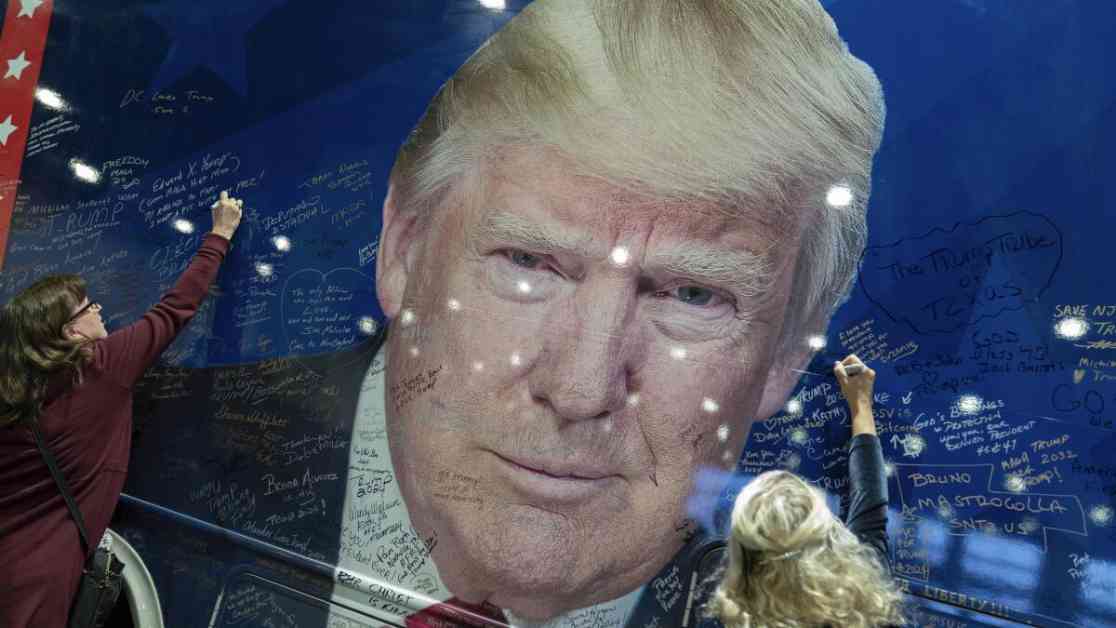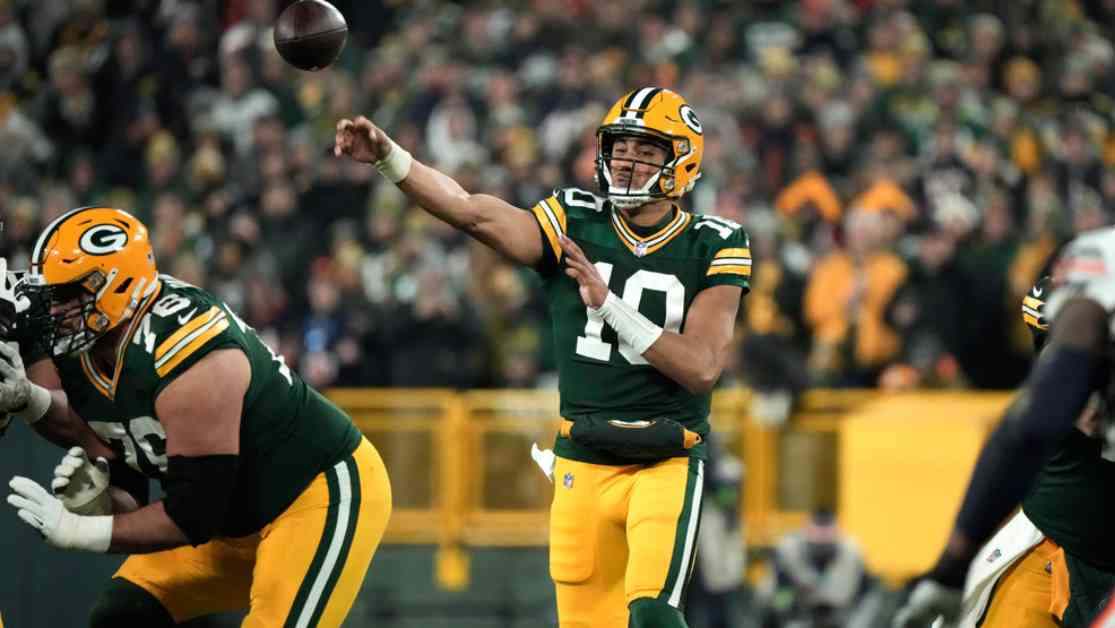Politics has always been a subject that shapes our society and influences our perspectives. As a political science professor, I have always been curious about my students’ earliest political memories. It helps me understand the events and moments that have shaped their views. However, in recent years, I have noticed a significant shift in their responses that has made me rethink modern American politics.
The majority of my students cannot recall a time when politics did not revolve around Donald Trump. For them, Trump has been at the center of the political stage for as long as they can remember. This has serious implications not only for their political identities but also for the nation as a whole.
Most of today’s college students belong to the Gen Z demographic, ranging from 18 to 22 years old. They were just 9 to 13 years old when Trump emerged as a prominent figure in 2015. Growing up in the Trump era has shaped their understanding of politics in a unique way. As both parties actively engage with Gen Z voters, this could have a radical impact on the upcoming election and should prompt older voters to think differently as well.
One of the significant differences between age groups is the limited exposure that young voters have had to the pre-MAGA Republican Party. Trump’s presidency has redefined what it means to be a Republican, making it challenging for younger generations to relate to the traditional values of the party. Many young voters, even those with conservative beliefs, prefer to identify as independents, Libertarians, or Democrats rather than aligning themselves with the Republican Party.
The idea of a different kind of Republican Party may seem like a distant memory to young voters, akin to a historical fiction story. Trump’s influence on the party has been so profound that it has reshaped the definition of being a Republican for an entire generation. Even those who oppose Trump within the party struggle to distance themselves from his legacy.
The shift in perception among young voters presents a challenge for those hoping to steer the Republican Party away from Trump’s influence. Despite his eventual exit from the political scene, Trump’s impact on the party’s identity may be long-lasting and difficult to reverse. This generational divide highlights the need for a reevaluation of political strategies and messaging within the GOP.
On the other side of the political spectrum, young voters are experiencing a new wave of optimism and engagement with the Democratic Party. The energy surrounding candidates like Kamala Harris and Tim Walz is reminiscent of the excitement that surrounded Obama’s presidential campaign. However, for today’s college-age voters, this energy represents a fresh perspective on politics and the potential for meaningful change.
The Harris-Walz campaign has resonated with young voters as a symbol of hope and possibility. It signifies a shift towards a more inclusive and progressive approach to politics, inspiring a sense of unity and shared vision for a better future. This newfound enthusiasm among young voters is driving increased participation and activism, both online and in real life.
As someone who has witnessed the evolution of American politics over the years, I understand the skepticism surrounding the sustainability of this positive momentum. However, for the youngest voters in this election, these good vibes represent more than just a passing trend – they signify a fundamental shift in the political landscape.
The younger generation’s engagement with politics is driven by a desire for change and a belief in the power of collective action. This generation is not bound by the constraints of the past but is instead focused on shaping a future that reflects their values and aspirations. The vibrancy and enthusiasm of young voters hold the potential to reshape the political discourse in ways we have yet to fully comprehend.
In conclusion, the emergence of a new political era defined by the perspectives and priorities of the younger generation signals a transformative moment in American politics. As we navigate through this period of change and uncertainty, it is essential to listen to the voices of young voters and acknowledge the impact they will have on shaping the future of our democracy. Remembering politics before Donald Trump is not just a nostalgic exercise but a critical reflection on the evolving nature of our political landscape.



























